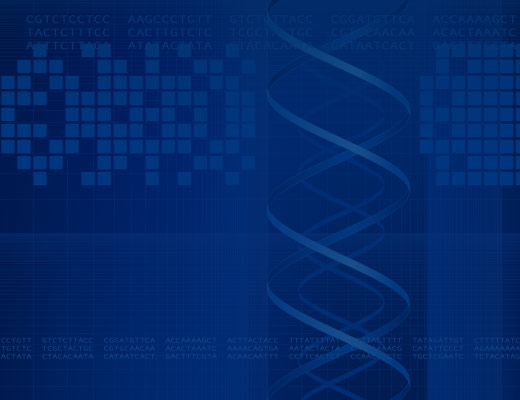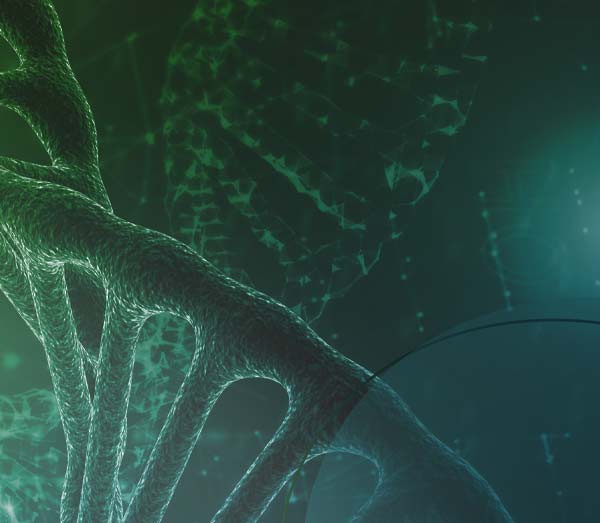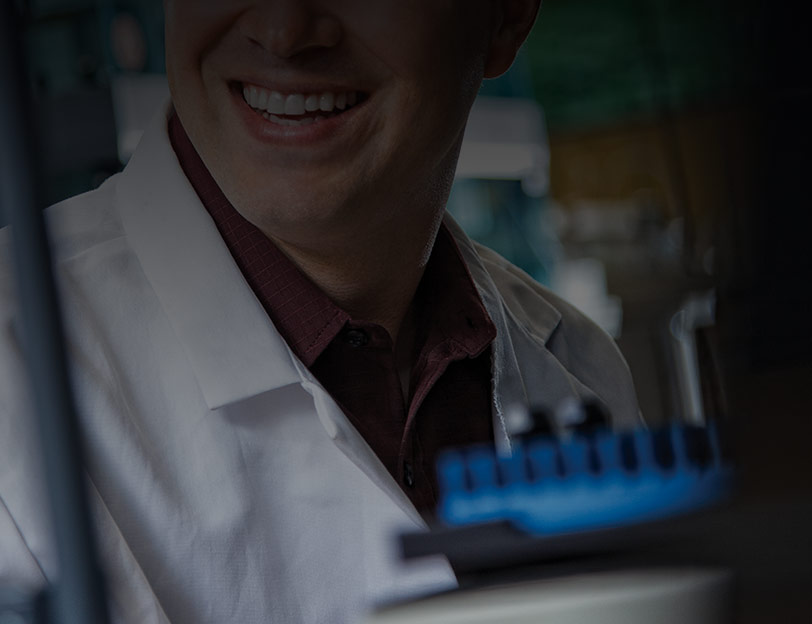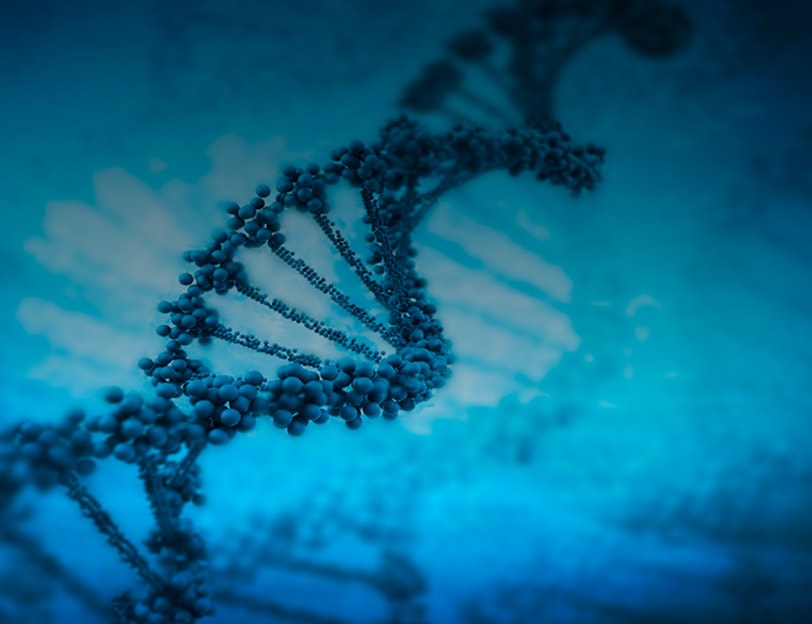Human Identification
Capillary electrophoresis (CE) and massively parallel sequencing (MPS) are two common methods used for human identification in forensic and paternity testing labs. In both methods, DNA is extracted from a variety of samples and specific regions of the DNA are examined to develop a unique genetic “fingerprint” for an individual.
We provide reagents, instrumentation, service and support for DNA extraction, quantification, STR amplification and analysis using capillary electrophoresis and massively parallel sequencing approaches.
Human Identification Product Categories
Introduction to DNA-Based Human Identification Methods
Workflows used in human identification begin with methods to obtain DNA from biological samples that can vary in nature from a buccal swab from a suspect to a few skin cells left on an object found at a crime scene. In many cases, the sample may contain a mixture of human and other types of DNA, so it is important to specifically quantitate the amount of human DNA present.
In a typical CE workflow, the next step is to amplify specific regions of the human genome, known as short tandem repeats (STRs). The amplified products, labeled with fluorescent dyes, are then separated by CE to generate an electropherogram that displays a characteristic pattern of peaks. This pattern can be compared to other DNA profiles, such as those in a DNA database of known offenders, to find a match.
Promega offers products for both CE and Massively Parallel Sequencing (MPS) analysis workflows, from sample preparation to STR amplification and detection, sequencing library preparation, and data analysis software. Promega supports these products with specialized teams of former forensic DNA practitioners that assist laboratories with applications training, validation of DNA analysis methods, as well as with setup and maintenance of equipment for workflow automation.





